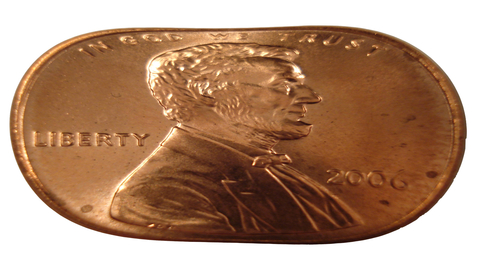 America's economy continues to sputter. But stocks are picking up steam and flirting with four-year highs. We're even seeing new "dot-coms" hitting the market. Last May, the social networking site LinkedIn went public at $45 per share, then leaped to $94.25 in its first day of trading. Internet coupon vendor Groupon opened in November at $20 per share, then jumped 31% on its first day of trading. And earlier this month, Facebook filed registration papers with the Securities and Exchange Commission for what may be the hottest IPO since Google.
America's economy continues to sputter. But stocks are picking up steam and flirting with four-year highs. We're even seeing new "dot-coms" hitting the market. Last May, the social networking site LinkedIn went public at $45 per share, then leaped to $94.25 in its first day of trading. Internet coupon vendor Groupon opened in November at $20 per share, then jumped 31% on its first day of trading. And earlier this month, Facebook filed registration papers with the Securities and Exchange Commission for what may be the hottest IPO since Google.
Companies typically go public to raise money to expand. But Facebook doesn't really need cash from an IPO. The company made nearly $4 billion in advertising revenue in 2011. So why go public?





